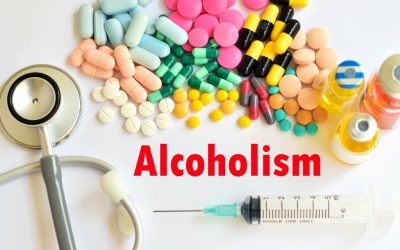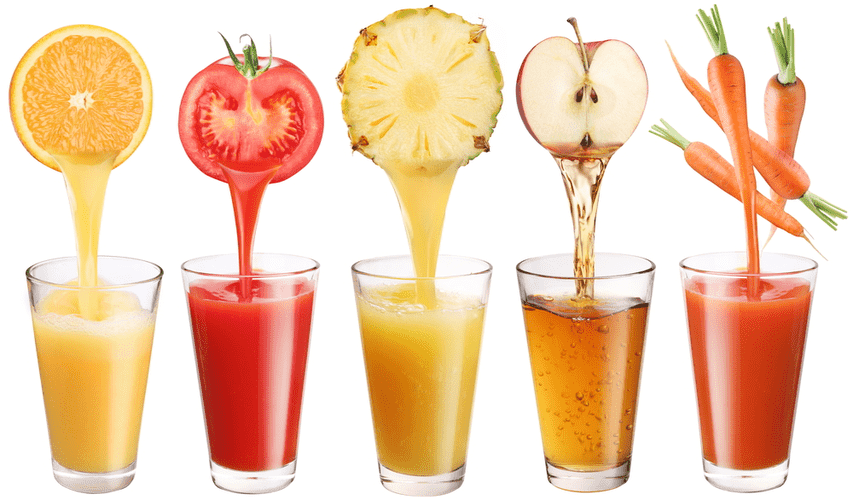More likely, it began as a reaction to a painful or traumatic situation. If you never deal with trauma in a direct and healthy way, its effects will still be waiting after you stop drinking. Early sobriety can be tough because all those emotions you tried to avoid by drinking can come back to the surface. But dealing with those feelings and tackling the “why” of your alcoholism is the only way to get on a healthy Drug rehabilitation recovery path.
- It’s also crucial to recognize that for some individuals, no amount of alcohol is safe.
- There is much more to overcoming alcoholism than simply wishing to stop drinking so much.
- Getting drunk is inherently dangerous, all types of alcohol get you equally intoxicated, caffeine can’t sober you up, and higher tolerance may indicate alcohol dependence.
- While it’s true that psychological and emotional issues can contribute to alcohol misuse, they don’t automatically lead to full-blown alcoholism.
Black coffee or a cold shower sobers a drunk.
Left unchecked, these myths can cause people to make poor choices, which ultimately affect their health. Belief in some of these myths may even play a role in the development of alcohol use disorder in some cases. Alcohol addiction can be a deep personal and complex challenge, often clouded by myths and misconceptions that make seeking help even harder. The stigma and stereotypes surrounding alcoholism frequently distort the reality of what alcoholism looks like. These myths can prevent someone myths about alcoholism from accessing the right type of care or even acknowledging their need for help.

Breaking Down the Myths: Surprising Truths About Alcohol Consumption
Although moderate drinking may have positives for specific illnesses, its verified damage, especially in cancer, might exceed these advantages. As mentioned before, alcoholism and addiction don’t discriminate against age, ethnicity, or background. Anyone can develop a drinking problem, no matter how old they are. As a person gets older, certain factors may contribute to alcohol being more sensitive to them. Many people who abuse alcohol start from an early age; this continues as they grow older. The psychological and physical impact of alcoholism on a person’s mind and body is not only complex but is an intense change as well.
- For decades, studies indicate more young folks aren’t drinking or waiting for their first drink.
- You don’t necessarily need to be drunk for alcohol to affect your decision making abilities.
- Ingesting a combination of protein, fats, and carbohydrates before drinking may indeed delay the rate at which alcohol hits the system.
- These include paradoxes in AUD stigma, such as that people with AUD are seen as ‘able to control’ their drinking, yet simultaneously lacking in self-control (i.e. ‘weak’).
- Instead, you should keep track of how long alcohol can stay in your system, drink lots of water and wait for your body to clear it all out.
These are the myths addiction researchers hear most often.

Prescription medications have the potential to be as addictive and deadly as illicit drugs. Remember, when it comes to alcohol consumption, knowledge truly is power. As we move forward, let’s continue to challenge our assumptions, stay open to new information, and make choices that prioritize our health and well-being. Whether that means enjoying a drink in moderation, exploring alcohol-free alternatives, or abstaining entirely, the key is to make informed decisions based on facts rather than myths.










